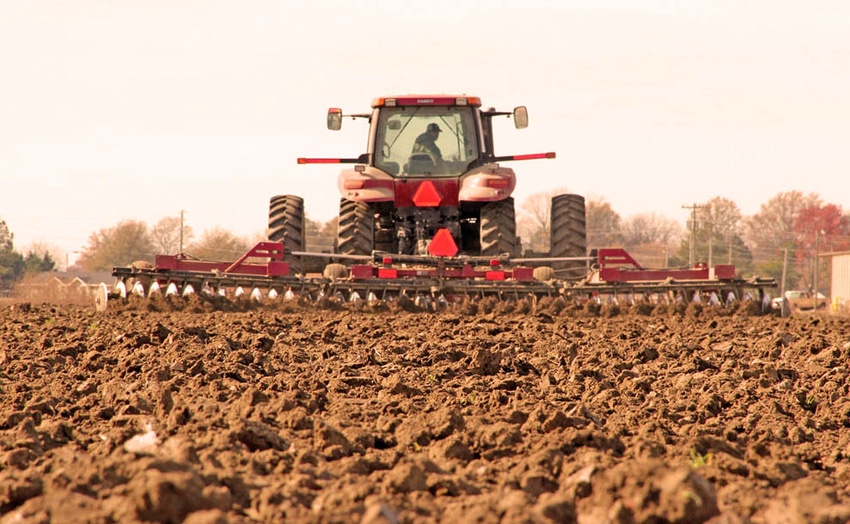April 16, 2013

The belief that a human plague is gobbling up the Earth, carving out more cropland, and hacking down more trees — has been turned on its head. Welcome to Peak Farmland.
Farmland expansion has reached its crest and the amount of global land needed to grow food is set to stabilize. That’s the opinion of three Rockefeller University researchers in a recent study: “Peak Farmland and the Prospects for Sparing Nature.” If the report is on target, global cropland use will shrink by an astounding 370 million acres — about the equivalent of two Californias and one Texas — by 2060.
Jessie Ausubel, one of the report authors, says, “Happily, the cause is not exhaustion of arable land, as many had feared, but rather moderation of population and tastes and ingenuity of farmers.”
Ausubel and his colleagues believe crop technology will allow agricultural yields to win the race against demand — and it won’t be a neck-and-neck finish. In short, approximately 570,000 square miles of Earth will be abandoned as farmland.)
But, as Reuters points out, the Rockefeller report may be a house of cards — buttressed by too much guesswork. “Ausubel’s study admits to making many assumptions — rising crop yields, slowing population growth, a relatively slow rise in the use of crops to produce biofuels, moderate rises in meat consumption — that could all skew the outcome…”
The Rockefeller report is in direct conflict with the UN and grinds against a 2009 Food and Agricultural Organization study that projects a 5 percent worldwide expansion of arable land by 2050 — 173 million more acres of farmland will be needed. (That’s the approximate total acreage of California and New Mexico combined.) The UN study projects 9.1 billion people by 2050, requiring a 70 percent increase in food production.
Imminent acreage expansion is not just a UN projection. Foreign investment companies across the globe are snapping up farmland in developing countries, anticipating the food rush to come. Speculators see this new land “scramble” as a sure-bet, based on food demand and biofuels mandates. (For example, Spiegel reports that 100 percent of Liberia’s arable land has been bought by foreigners.)
Trends over the next few years will show who is right: Ausubel or the UN. The Peak Farmland study is anathema to apocalyptic boilerplate. “We are a plague on the Earth. It’s coming home to roost over the next 50 years or so,” says naturalist and BBC documentary maker David Attenborough.
Attenborough told Radio Times there is far more in the tea leaves than ecological doom: “…It’s sheer space, places to grow food for this enormous horde.”
In line with convention, Attenborough believes global agricultural production will never be able to keep up with population increases — and proponents of Peak Farmland believe he is dead wrong.
Twitter: @CBennett71
More from Western Farm Press
PETA drones a trophy prize for US hunters
Demon seeds: Searching for the planet's hottest pepper
Biggest wine hoax in history reveals trade secrets
Farm murders met with media silence
You May Also Like




